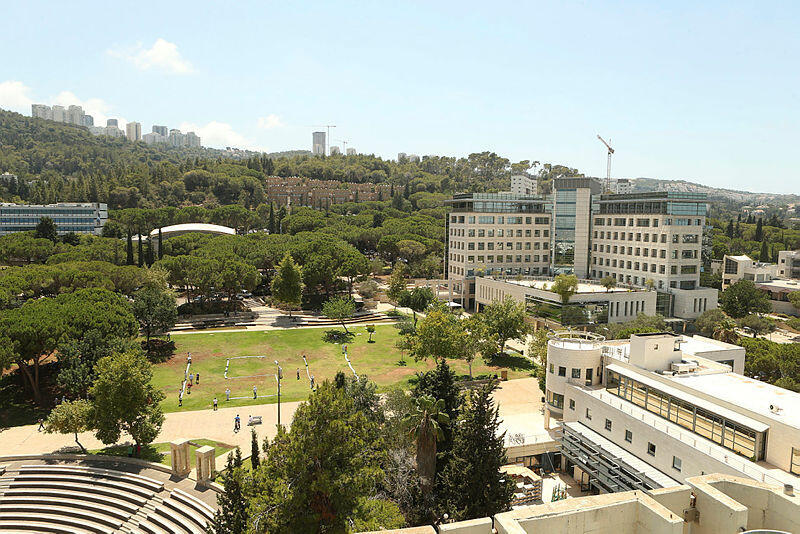
Technion receives $50 million gift to establish sustainability center for catalysis
The pledge from American philanthropists Lynda & Stewart Resnick, co-owners of The Wonderful Company, will establish a center designed to empower faculty and students to accelerate a sustainable future
The Technion-Israel Institute of Technology has announced that American philanthropists Lynda and Stewart Resnick, co-owners of California-based The Wonderful Company, have pledged, through their foundation, a $50 million gift to transform the university’s research and development of sustainability and catalysis.
The $50 million gift will establish the Stewart and Lynda Resnick Sustainability Center for Catalysis, designed to empower faculty and students to uncover new ways to maintain global growth while protecting the planet for future generations. Projects emerging from the center will address how to reinvent global production in more sustainable, cost-effective, and efficient ways to reduce environmental harm.
The 65,000 square-foot building with large, open-space laboratories will incorporate a modular infrastructure that meets current needs and can be adapted to accommodate future developments in scientific technology equipment.
"We need great minds across the globe working to preserve the planet to prepare for the needs of future generations. It's now or never,” said Stewart Resnick, chairman, and president of The Wonderful Company. "Through the resources, dedication, and efforts that will emerge from this sustainability and catalysis center, we will confront the climate crisis rather than hide from it.”
The inspiration to create the center stems from the university's initiative to reform the approach to the rapidly growing population and longer life expectancies that will result in more than 10 billion people living on Earth in the year 2050. Innovative solutions to produce food, medicines, and other products are critical due to the accelerated depletion of essential natural resources.
Catalysis is a chemical process that dramatically speeds up a reaction between molecules; it also occurs in our bodies. In industry, catalysis is involved in 90% of the production processes. A catalyst is the molecule responsible for this acceleration, and it drives many processes that are not otherwise possible. The constant improvement of catalysis processes makes industrial methods more efficient and reduces their environmental damage, hence the connection between catalysis and sustainability.
“We understand today that continuing to produce more and more with the current methods is not a sustainable solution,” said Professor Ilan Marek, of the Schulich Faculty of Chemistry, who will head the center. “We must refine the production processes and reduce their impact on the environment. The key is improving the many catalytic processes currently being used in thousands of production processes in all branches of industry. By using new catalysts, we can, for example, not only reduce pollution in the process of plastic production but also make plastics that can be degraded and recycled.”
The Wonderful Company, co-run by the Resnicks, is one of the largest privately held companies in the United States, whose iconic brands include FIJI Water, POM Wonderful, Wonderful Pistachios, Wonderful Halos, Wonderful Seedless Lemons, Teleflora, JUSTIN, JNSQ, and Landmark wines. To date, the Resnicks through their foundation, and The Wonderful Company have invested more than $2.3 billion in philanthropy, with more than $1.3 billion invested in environmental sustainability, to help combat climate change and preserve the planet for future generations.















